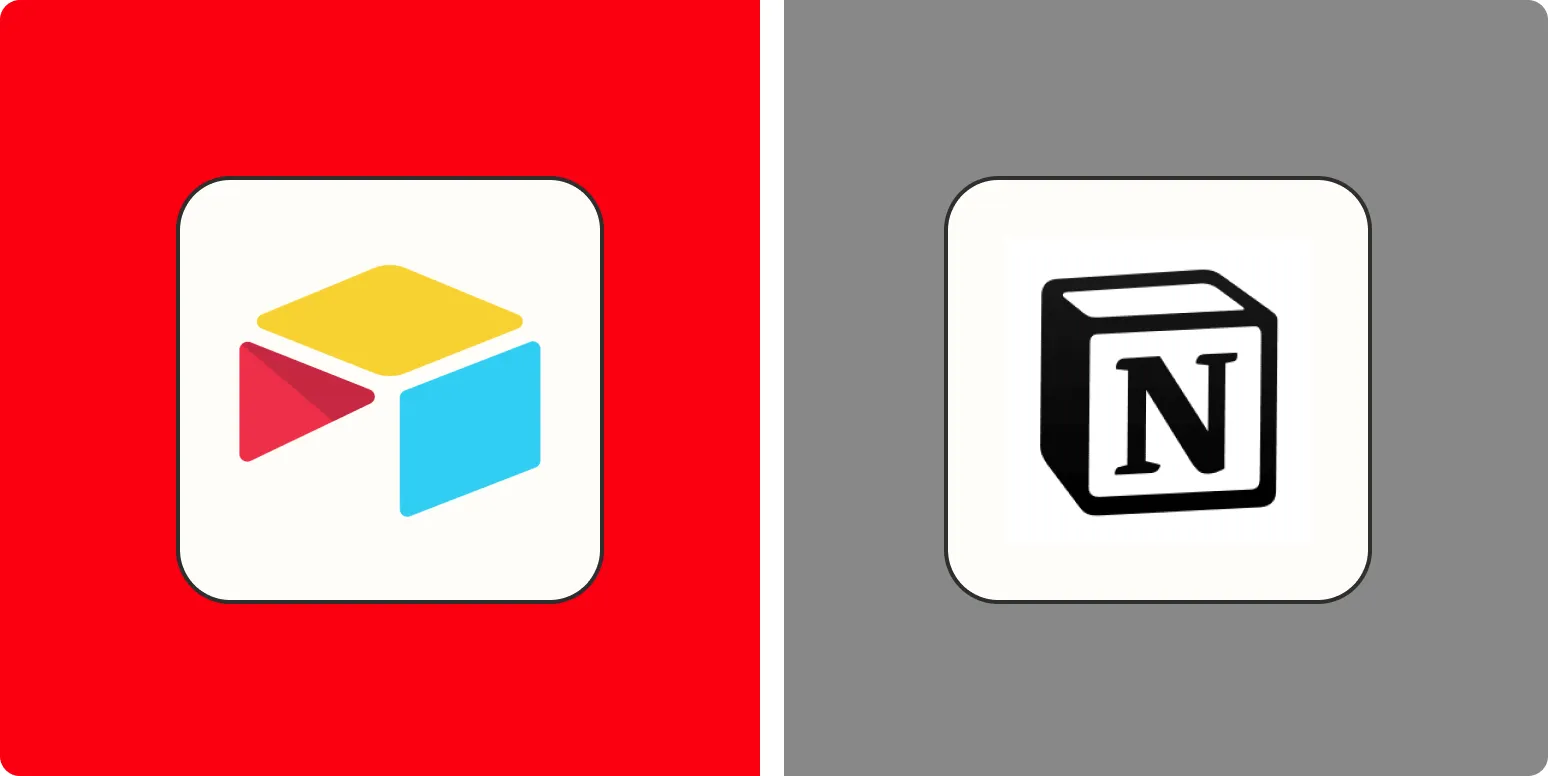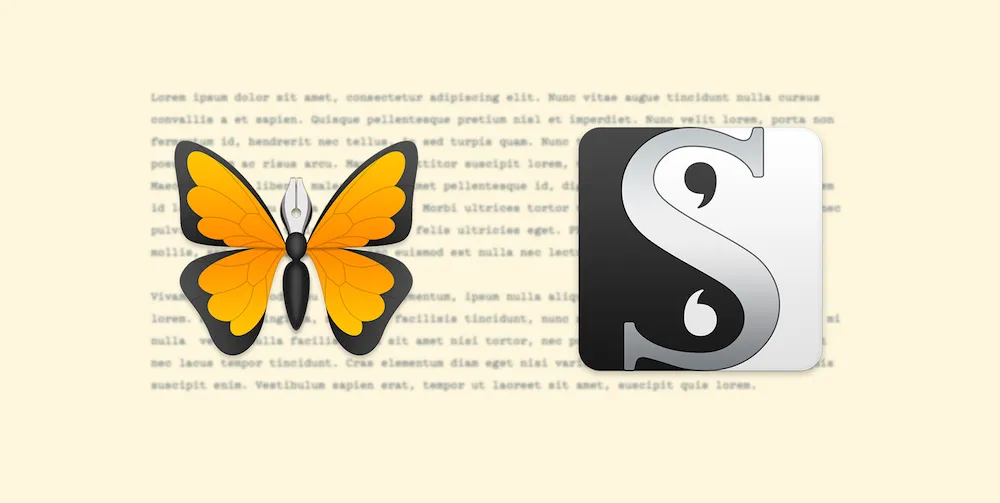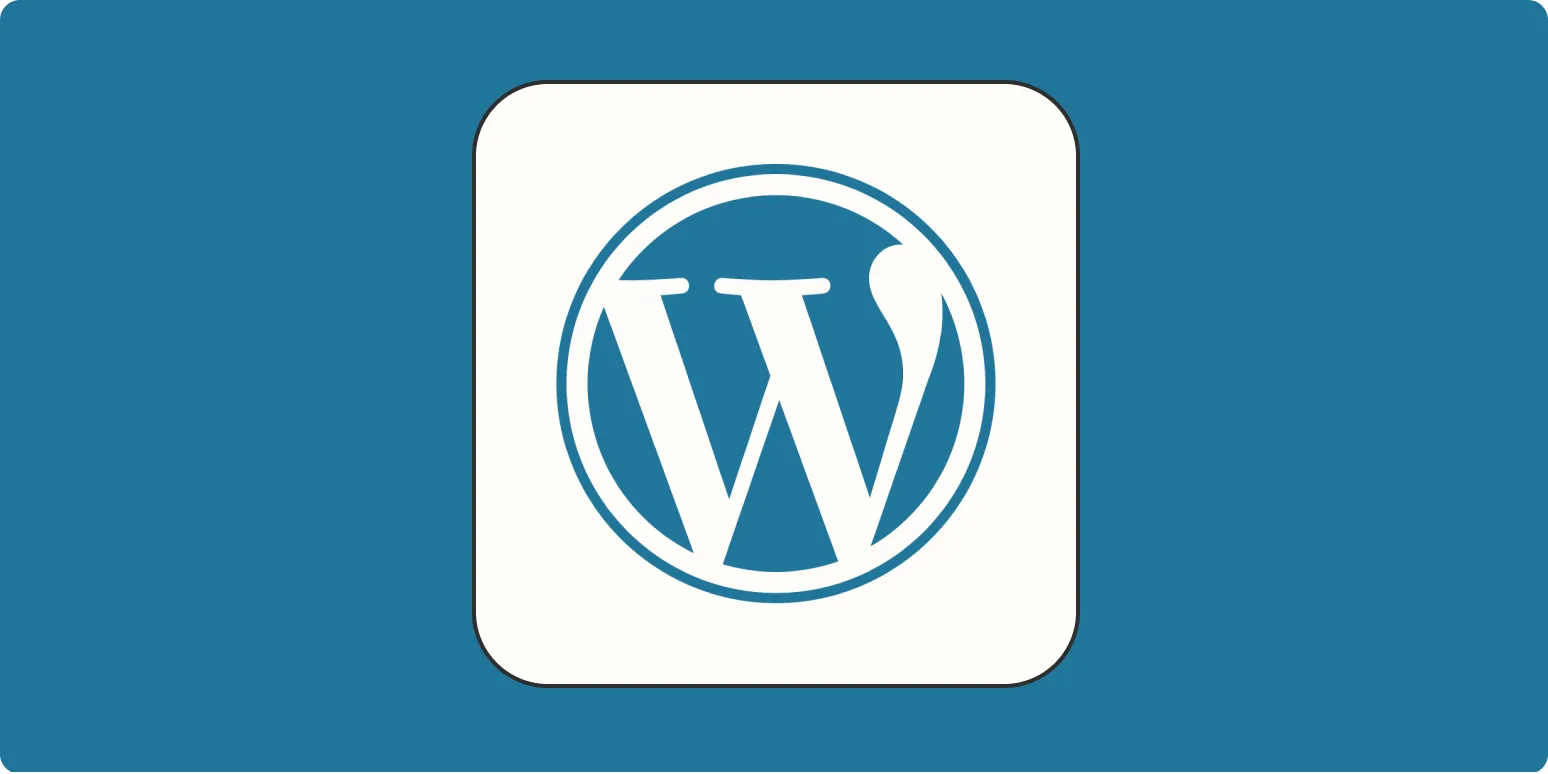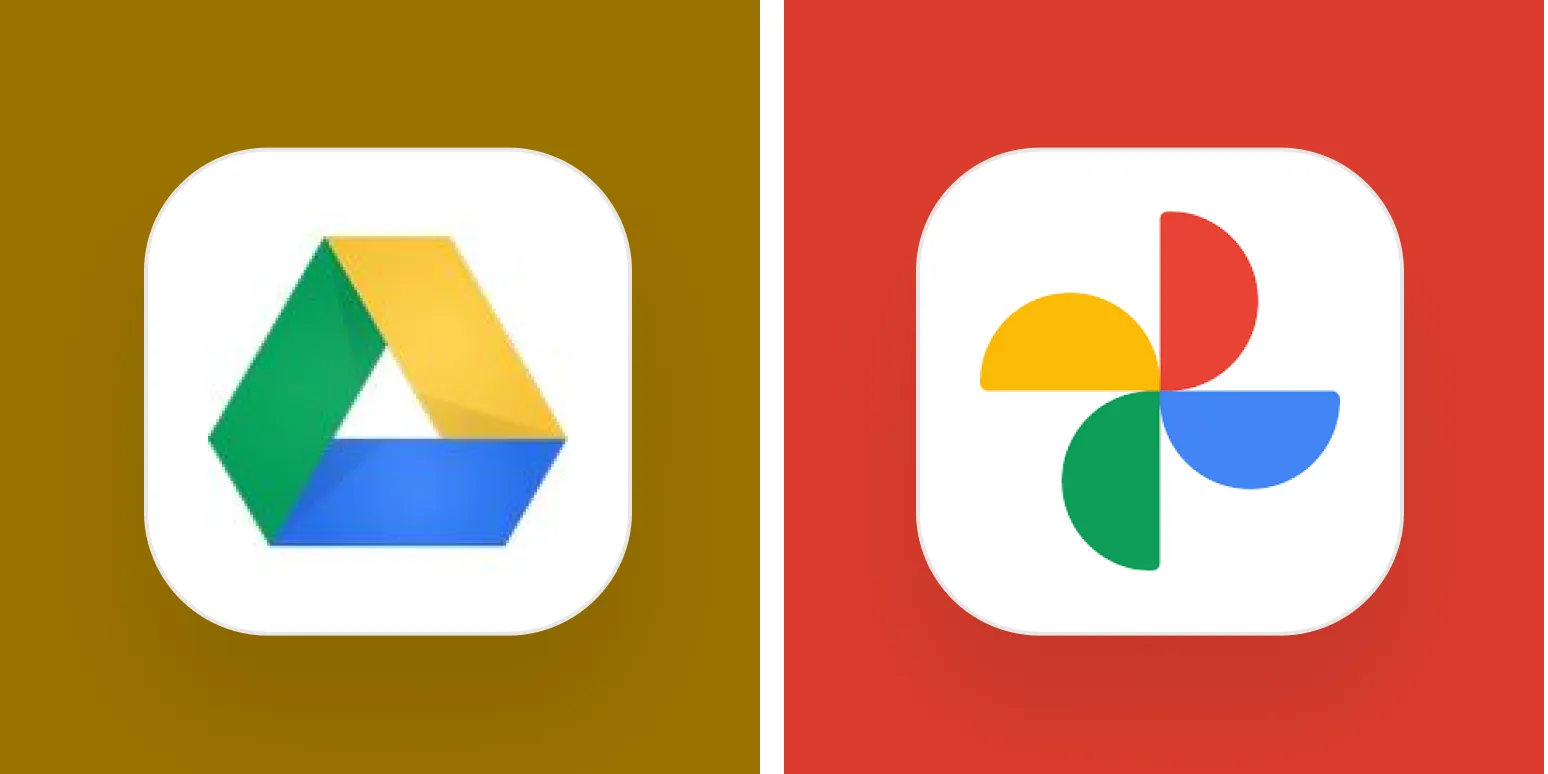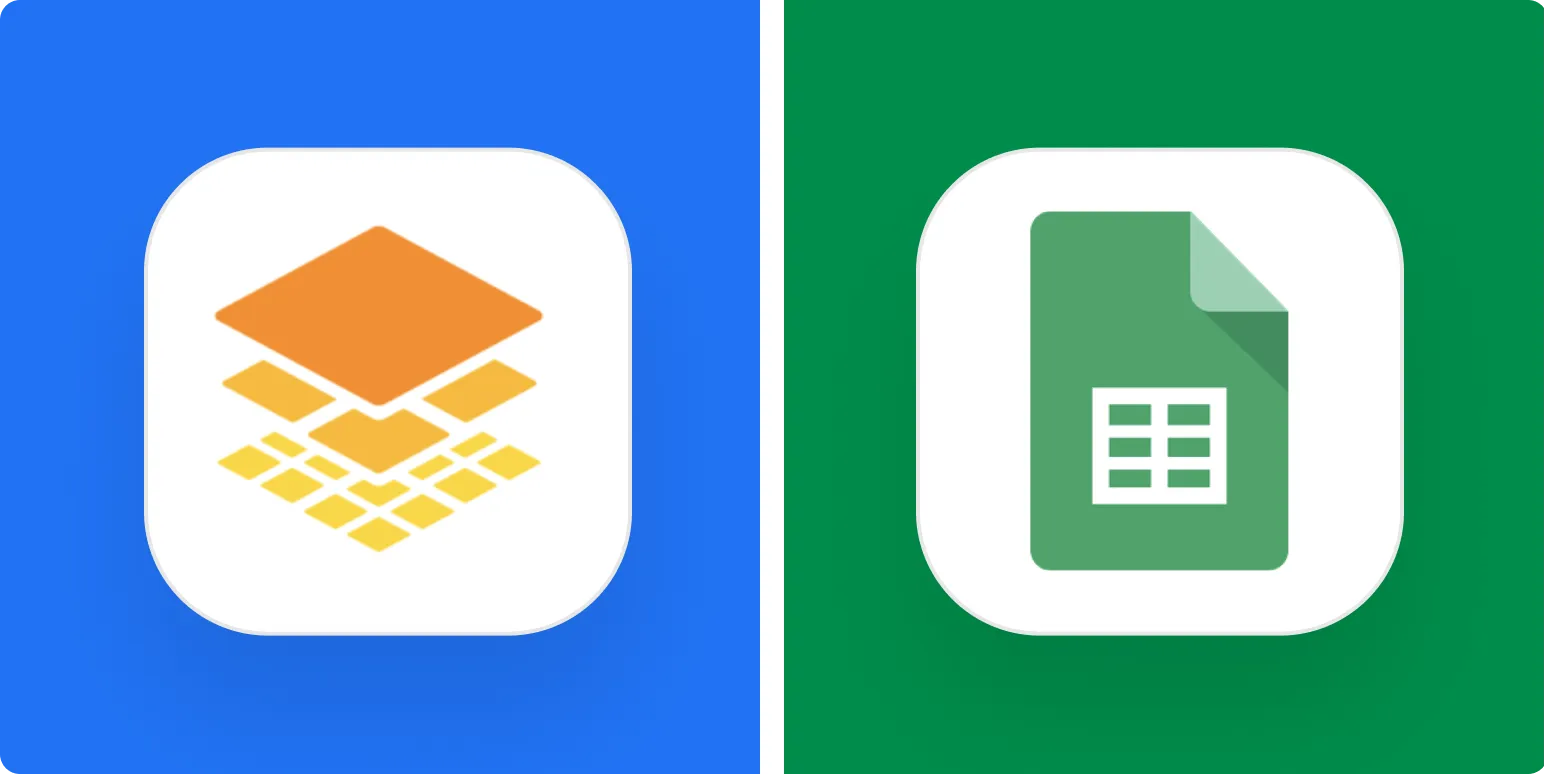Airtable and Notion are two powerful productivity tools that have gained immense popularity for their unique features and versatility. When it comes to managing projects, databases, and collaboration, both applications offer distinct advantages. In this article, we will explore the key differences between Airtable and Notion, helping you determine which app is best suited for your needs.
Airtable Overview
Airtable is a cloud-based project management tool that combines the functionality of a spreadsheet with the capabilities of a database. It allows users to create, organize, and collaborate on various projects using customizable templates and views. One of the standout features of Airtable is its ability to handle data in multiple formats, including grids, calendars, and Kanban boards. This flexibility makes it an excellent choice for teams needing to manage complex workflows.
Notion Overview
Notion, on the other hand, is an all-in-one workspace that integrates note-taking, project management, and database functionalities. It offers a highly customizable interface where users can create pages, databases, and wikis. Notion is particularly favored for its seamless collaboration features, allowing teams to work together in real-time on documents and projects. Its versatility makes it ideal for personal use or small to medium-sized teams looking for an organized way to manage information.
Key Features Comparison
Below is a comparison chart highlighting the key features of Airtable and Notion:
| Feature | Airtable | Notion |
|---|---|---|
| Data Structure | Spreadsheet-like tables and databases | Pages and databases |
| Customization | Custom views and field types | Highly customizable templates |
| Collaboration | Real-time collaboration with comments | Real-time editing and comments |
| Integrations | Over 100 integrations | Support for many third-party apps |
| Mobile App | Available on iOS and Android | Available on iOS and Android |
User Experience
Airtable's interface is user-friendly, allowing users to quickly navigate through their databases and projects. The drag-and-drop functionality makes it easy to reorganize tasks and data, while different views (grid, calendar, gallery, etc.) provide flexibility in how information is displayed. Additionally, Airtable offers robust filtering and sorting options, enabling users to easily find the data they need.
Notion, however, takes user experience to another level by allowing users to create interconnected pages. You can link databases, create to-do lists, and integrate notes within your project space, promoting a more cohesive workspace. The learning curve might be slightly steeper due to its extensive features, but once familiar, users often find it to be an incredibly powerful tool for organization and project management.
Pricing Plans
Both Airtable and Notion offer free versions, but their paid plans vary significantly. Airtable's pricing is based on the number of records and features needed, making it scalable for larger teams or projects. The paid plans unlock advanced features like blocks, advanced calendar views, and more extensive integrations.
Notion's pricing is more straightforward, offering a flat rate for teams regardless of the number of members. This can be advantageous for smaller teams looking for a consistent cost structure. The paid plans provide additional features like version history, advanced permissions, and unlimited file uploads.
Use Cases
Choosing between Airtable and Notion often comes down to your specific use case:
- Airtable is ideal for teams that require a structured database environment for managing projects, tracking inventory, or analyzing data. Its ability to handle complex data sets with various views makes it perfect for project management, HR, and CRM systems.
- Notion excels in environments where collaboration and documentation are key. It is well-suited for content creation teams, knowledge management, and personal productivity, offering an organized space for notes, tasks, and databases.
Conclusion
Ultimately, the decision between Airtable and Notion depends on your team's specific needs and workflow preferences. If you require a robust database solution with advanced project management capabilities, Airtable may be the better choice. However, if you seek an all-in-one workspace that emphasizes collaboration and organization, Notion is likely the way to go. Consider trying both tools to see which aligns best with your workflow and enhances your productivity.

